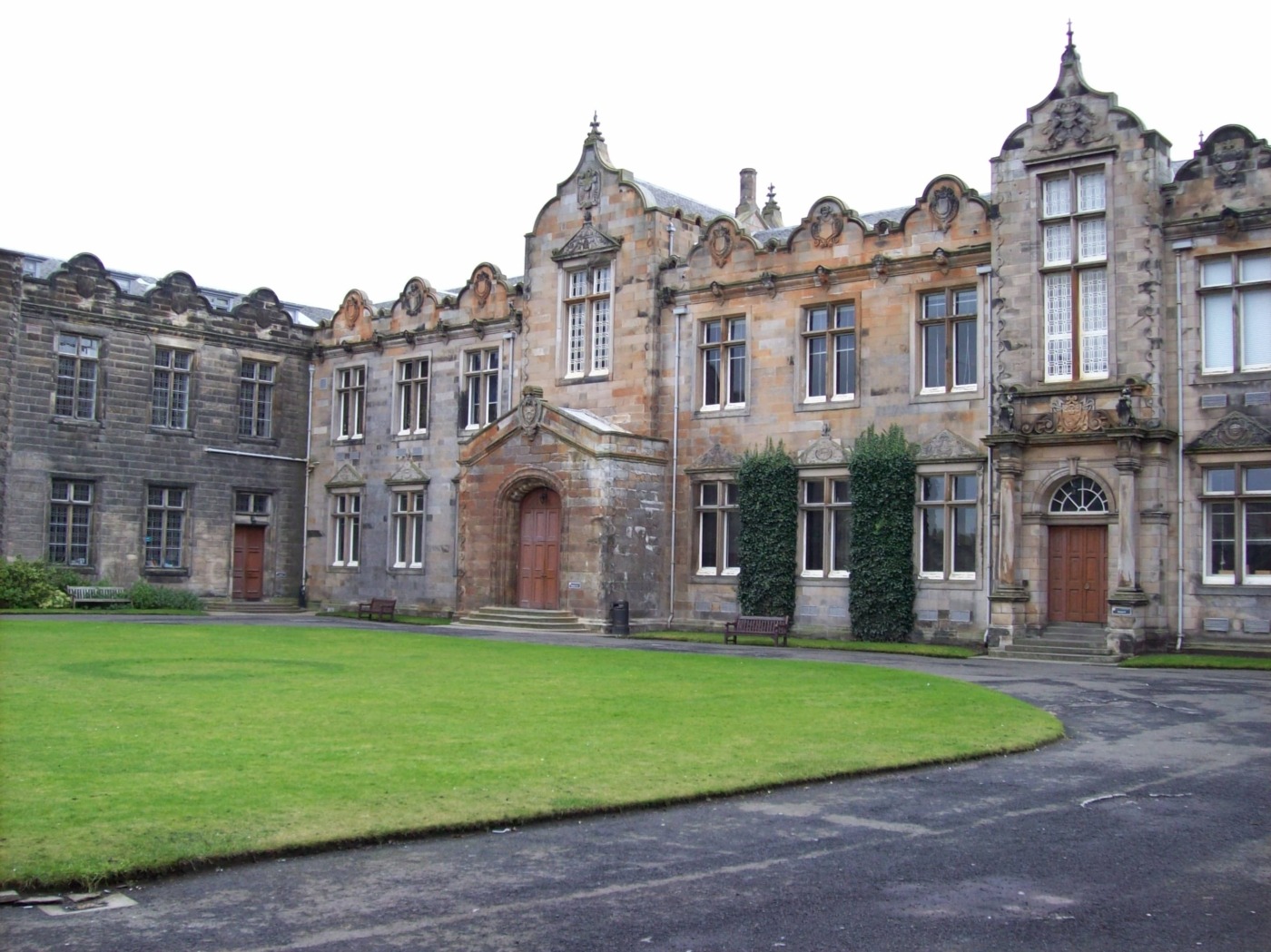Scotland’s universities failed to reduce student hall capacity
A number of Scotland’s largest universities failed to reduce the number of students allowed in halls of residence despite the need for social distancing, according to a BBC investigation.
Many student halls were 100% full, with guidance on remote teaching online altered at short notice, encouraging students to attend university in-person.
Professor Stephen Reicher, who is an advisor to both the UK and Scottish governments, said the failure was an “accident waiting to happen” and that the risks of Covid were “pretty clear”.
The failure to socially distance students has led to hundreds testing positive for the virus and thousands needing to self-isolate.
St Andrews University has asked all students to follow a “voluntary lockdown”, leading to some confusion over whether students can return home.
Students testing positive in halls have made up 10% of all coronavirus cases in Scotland since 19 September, according to BBC Scotland.
While some universities reduced their student halls capacity by as much as 50%, other universities like Edinburgh University and the Royal Conservatoire of Scotland in Glasgow were at 100% capacity.
Throughout the pandemic our prime concern has been, and remains, the health, safety and general well-being of our students and staff. This will always come before any financial considerations
– The University of Edinburgh
A spokesperson for the Royal Conservatoire stated that they “have a lease agreement with a purpose-built student accommodation provider for 164 ensuite rooms in a recently opened facility.
“To date we have received no reported cases of Covid in our leased accommodation”.
Despite the Scottish Funding Council predicting financial losses for universities of up to £500m, organisations have performed far better due to a higher than expected number of students.
Although draft government guidelines for universities said that “work and study that can be done remotely must be done so”, this was later changed to focus on “blended” or “hybrid learning” at short notice, according to the Scottish branch of the University and College Union (UCU).
Carlo Morelli of UCU Scotland said that “if you’re telling students they have to come to campus, then they’re going to have to take up the accommodation that’s offered to them. So the push was from the universities to get students to come and take up their place in accommodation”.
Universities have also significantly increased the number of their properties involving private developers, with financial analyst Louise Cooper stating that had been caused by the explosion of student numbers.
She stated that the specific model of filling properties relies on “high occupancy, students in there, paying their weekly, monthly rents”, which could explain why student numbers weren’t adequately reduced.
The University of Edinburgh has remarked that “throughout the pandemic our prime concern has been, and remains, the health, safety and general well-being of our students and staff. This will always come before any financial considerations”.
Higher education minister Richard Lochhead also argued that testing of coronavirus should focus on students that demonstrated symptoms, with the Test and Protect regime involving self-isolation the most effective way to reduce the virus spreading.
Mr Lochhead stated there were “no hidden agendas” with the advice on blended learning and that “we’ve done our best”.
“I accept we’ll look back on this and think we’ve made mistakes, because we’re all dealing with a very difficult situation, where there are no easy options,” he added.

Comments